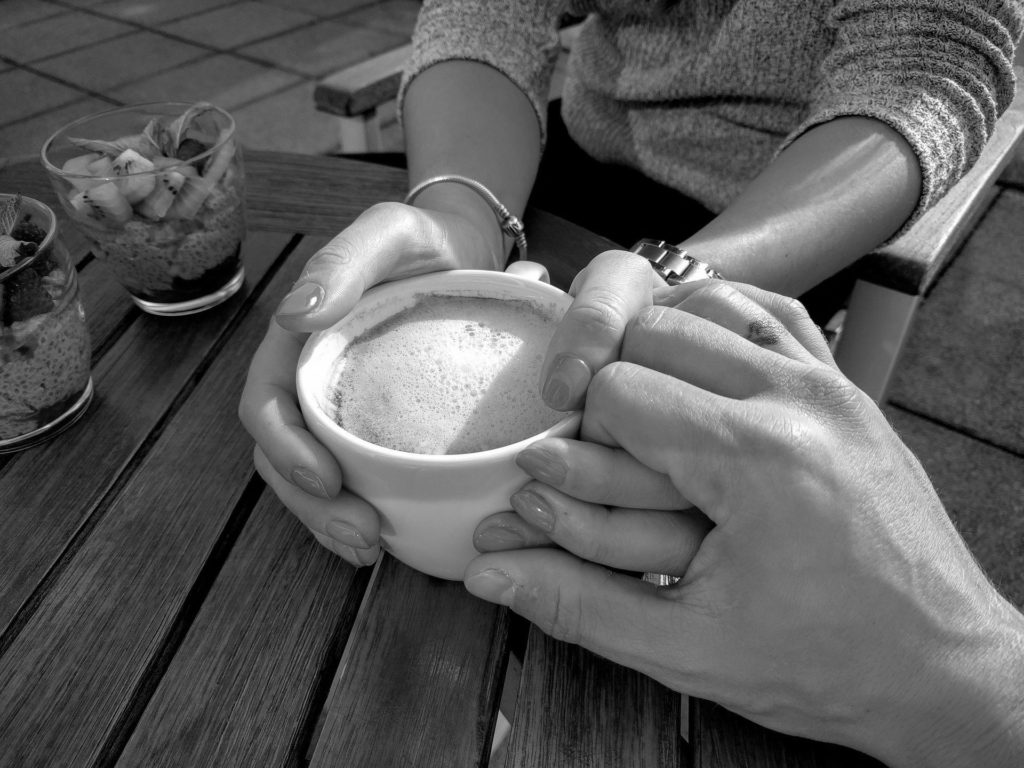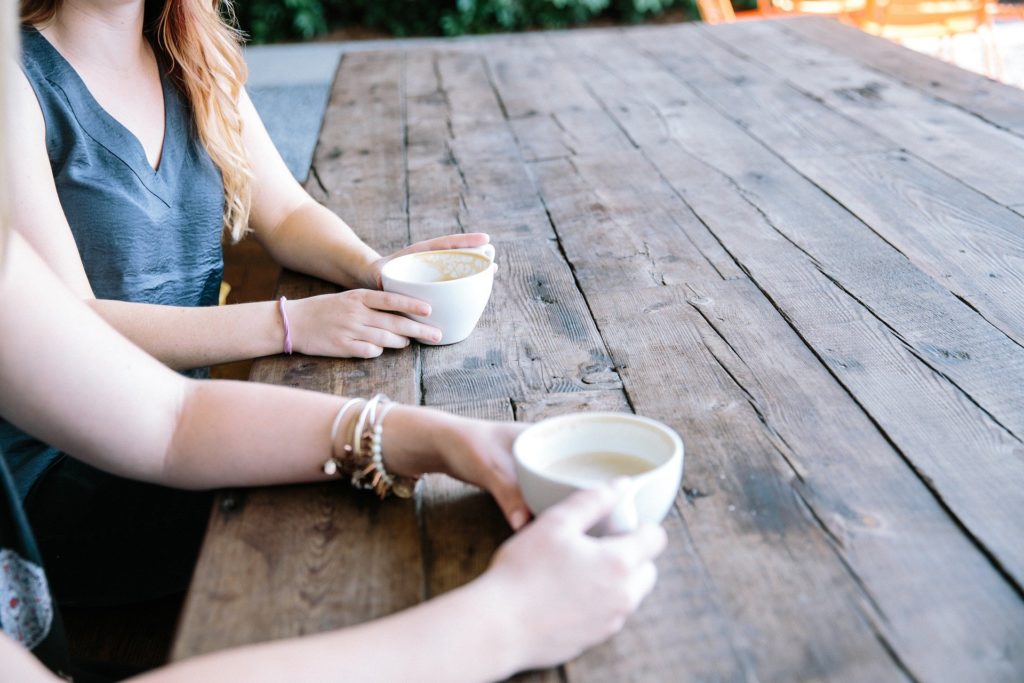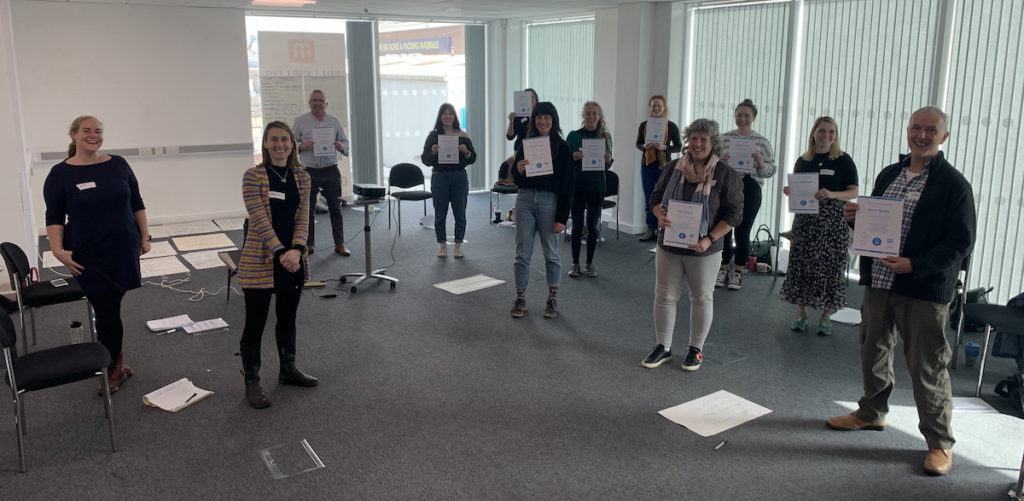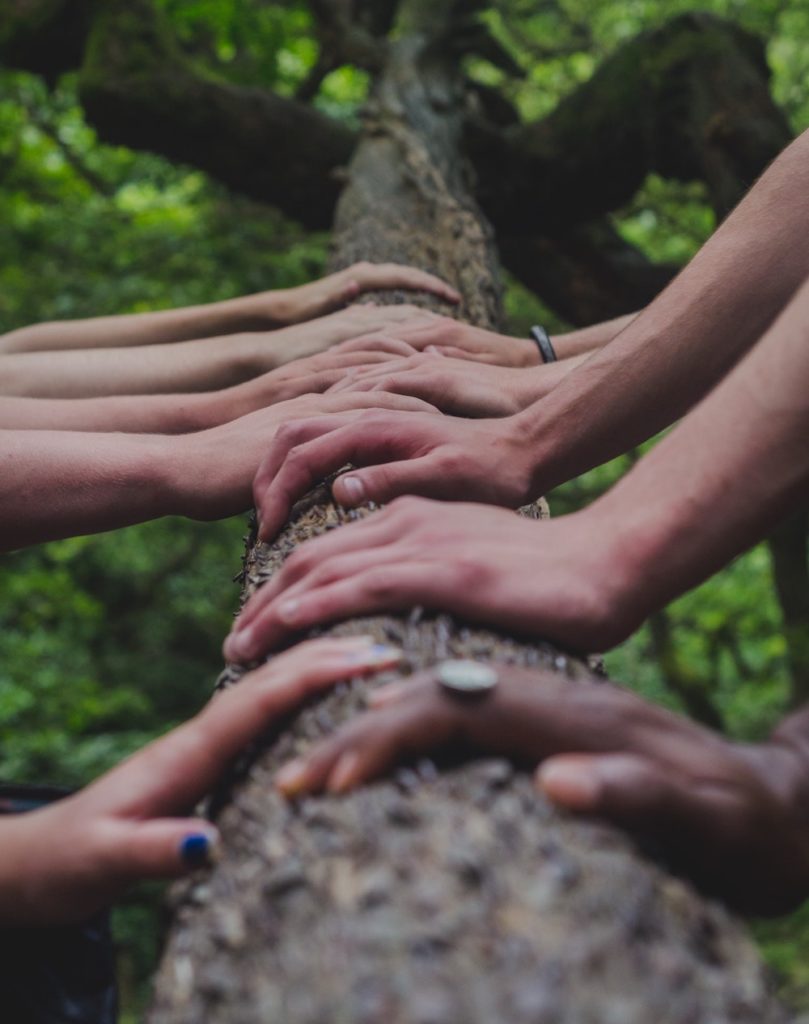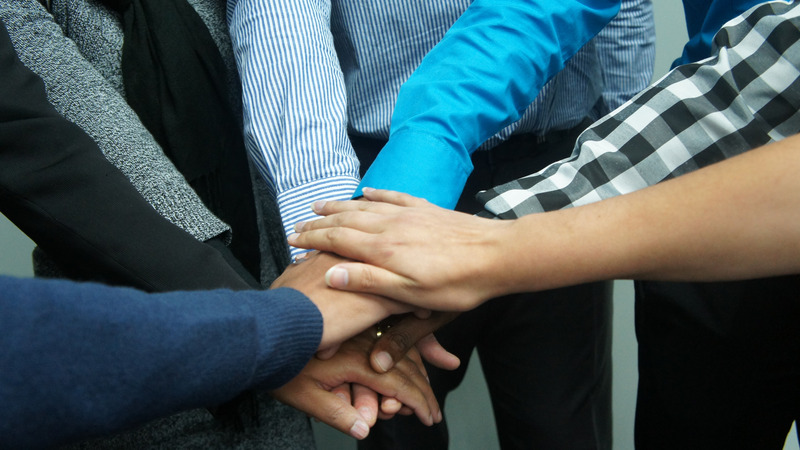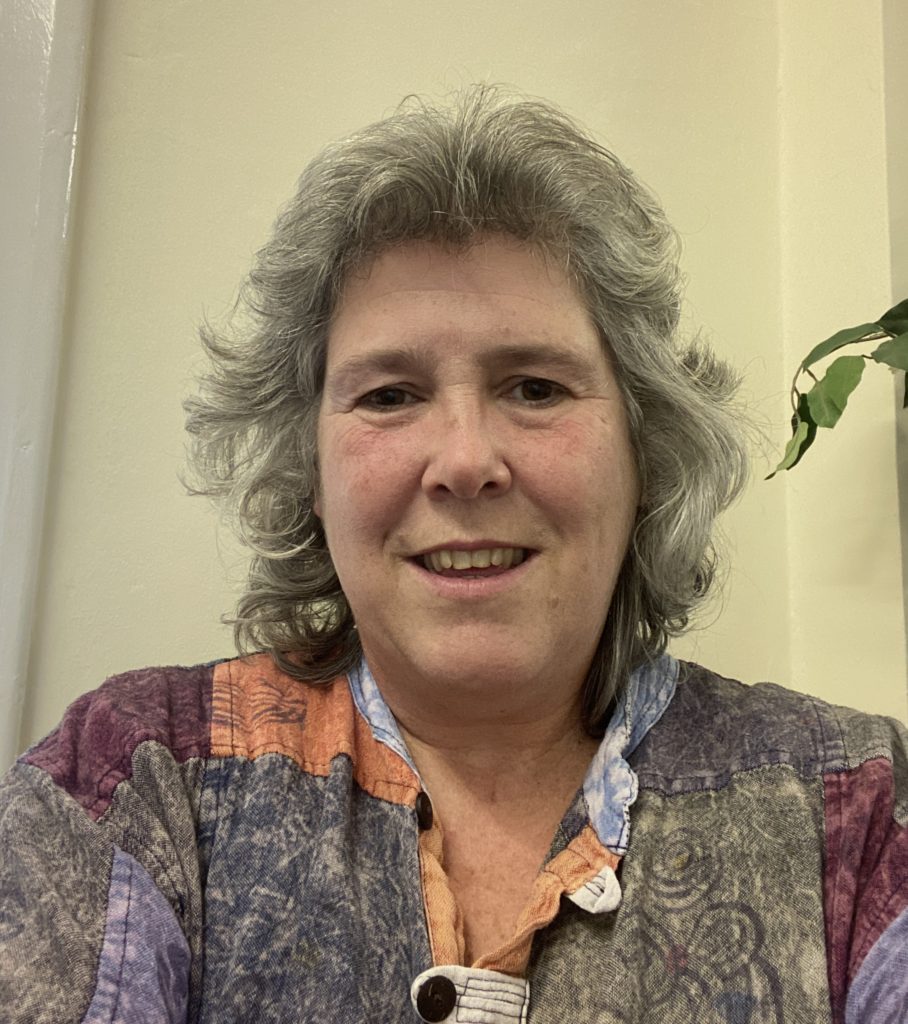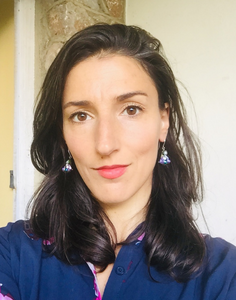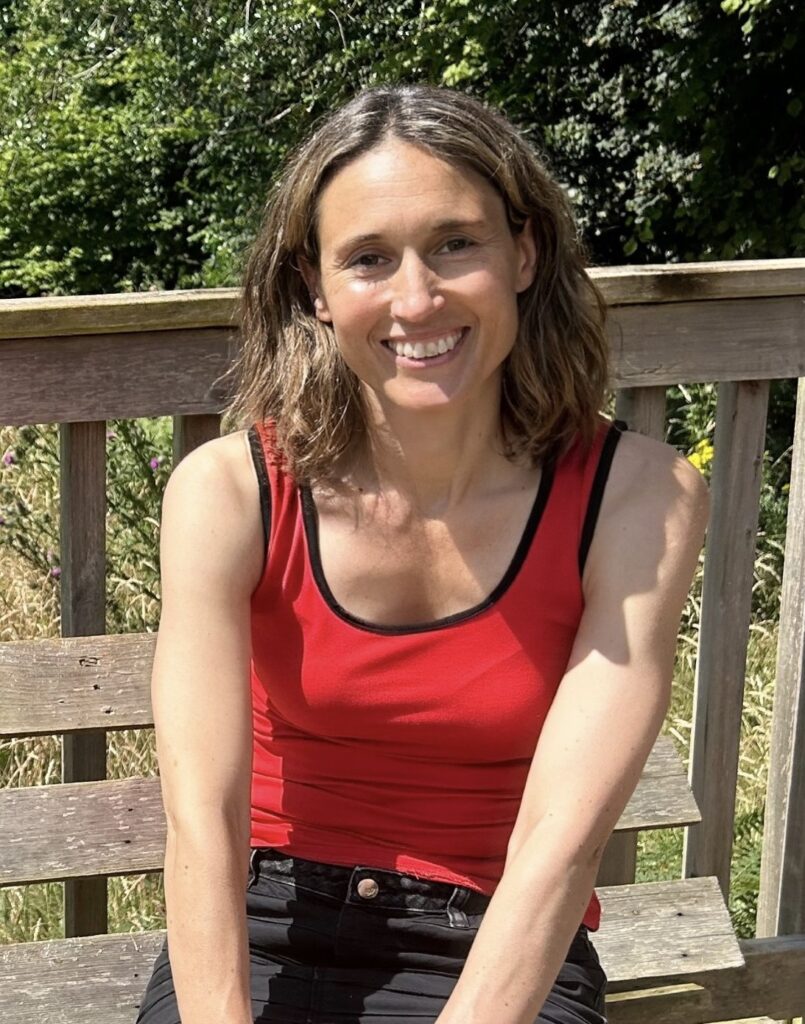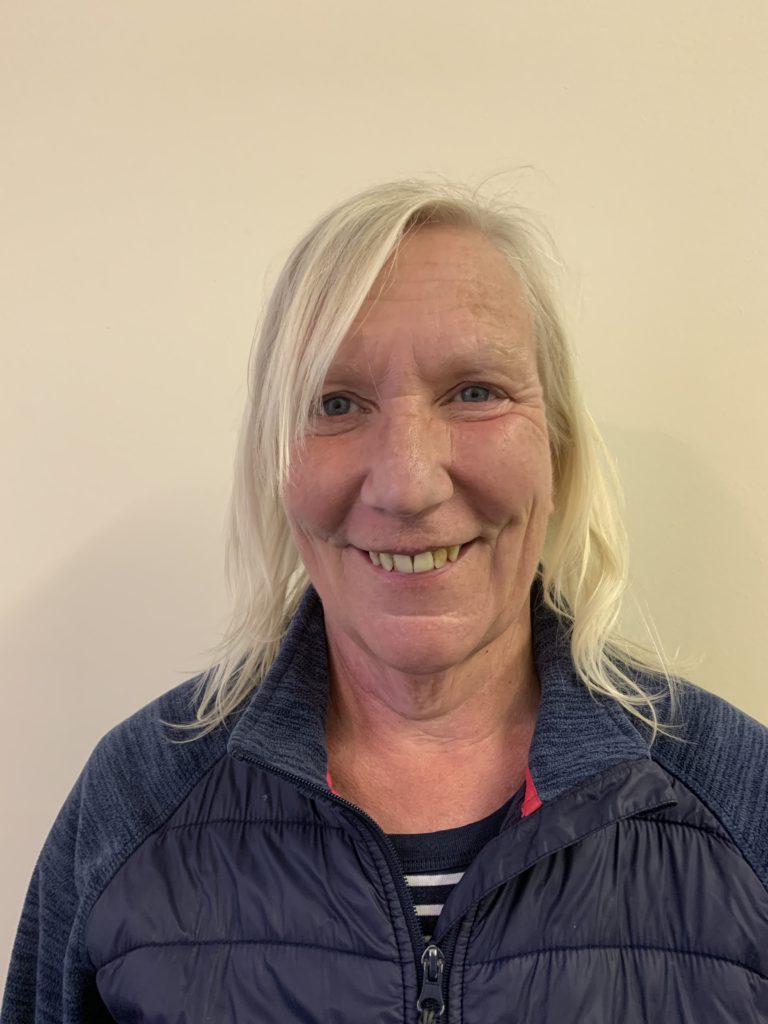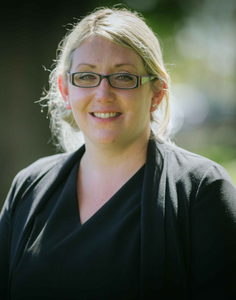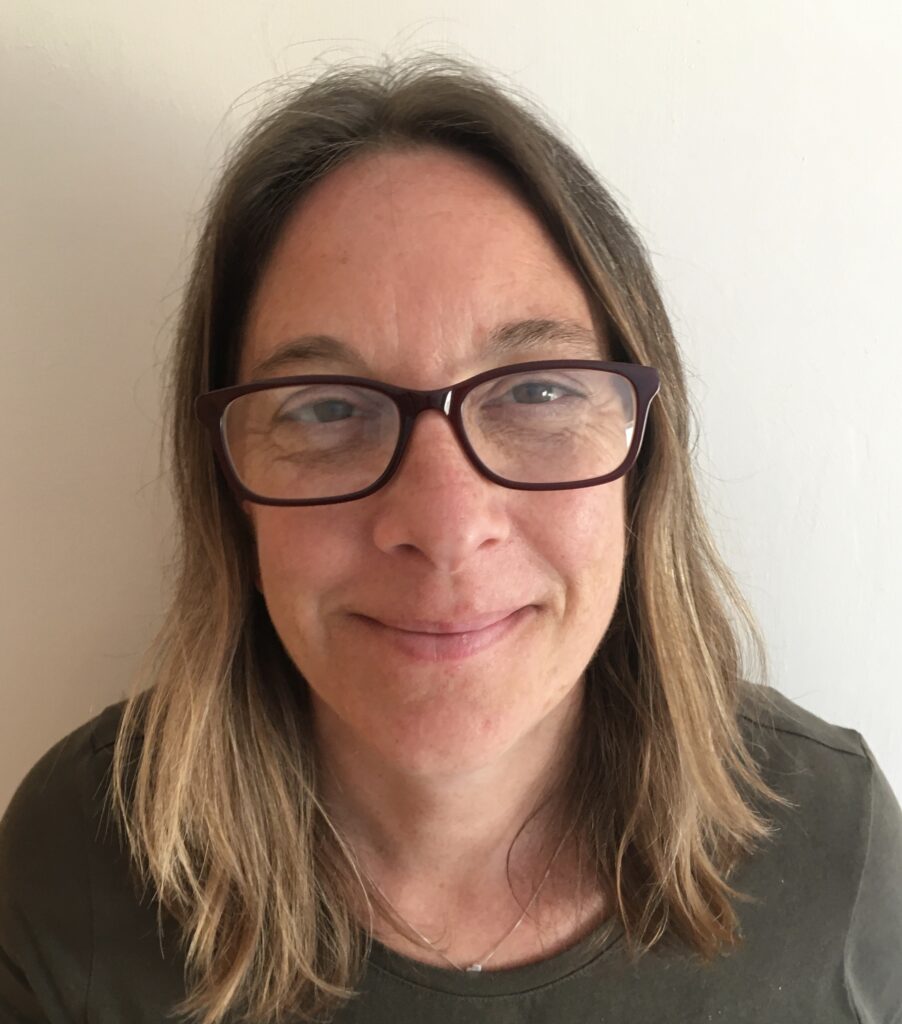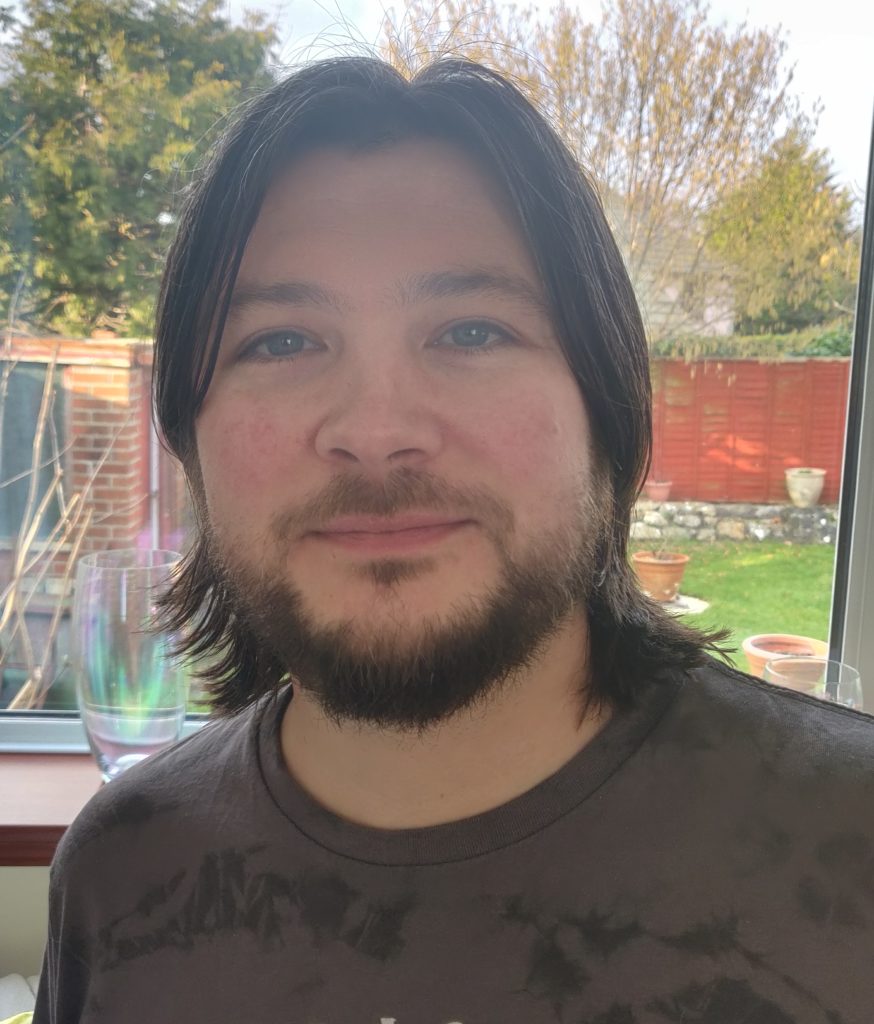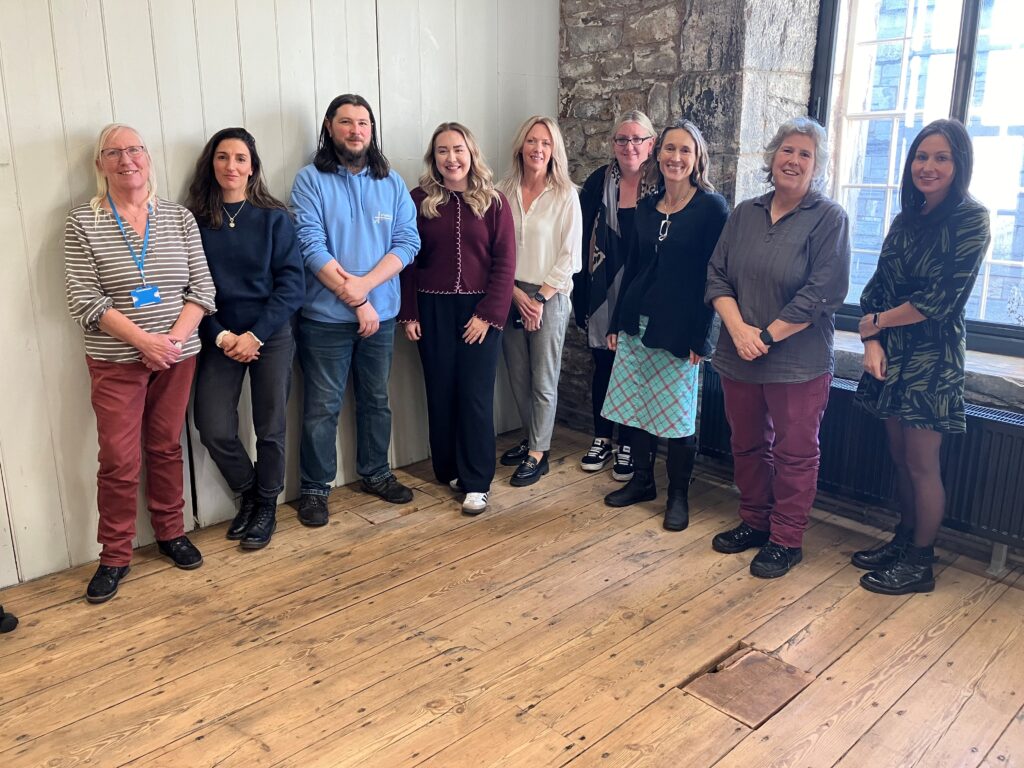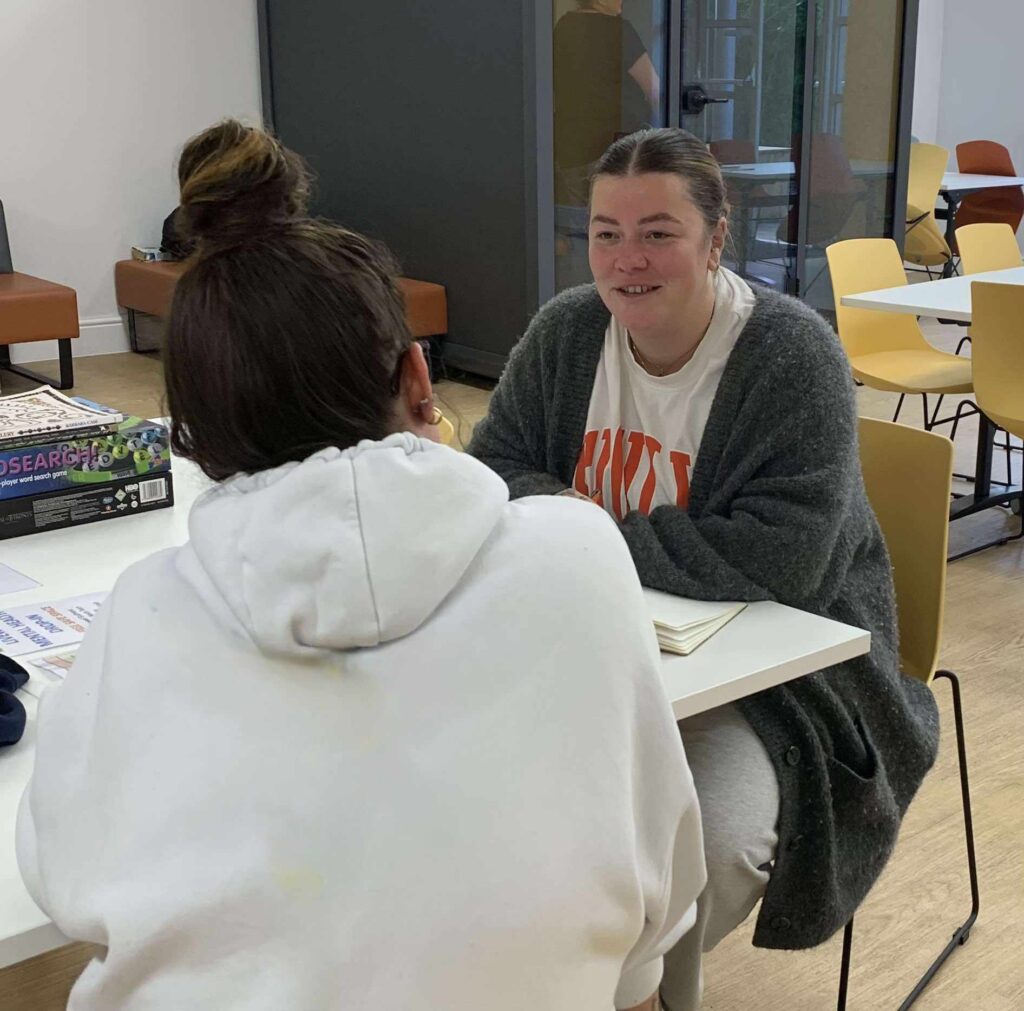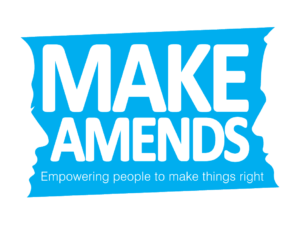
Make Amends is an award-winning service for Devon, Cornwall & the Isles of Scilly, commissioned by the Office of the Police and Crime Commissioner (OPCC). A project of Shekinah, Make Amends delivers Restorative Justice across this area. The service provides support to people who have been affected by crime, conflict, anti-social behaviour or harm caused by the actions of others.
Restorative Justice creates opportunities for people who have been harmed to come together into communication with those who are responsible for that harm, in order to get answers to their questions and to explain the effect the incident has had on them. It gives those who accept responsibility for the harm, an insight into the real impact their actions have had on the person affected, their friends and family or the community. The process aims to help everyone move on.

